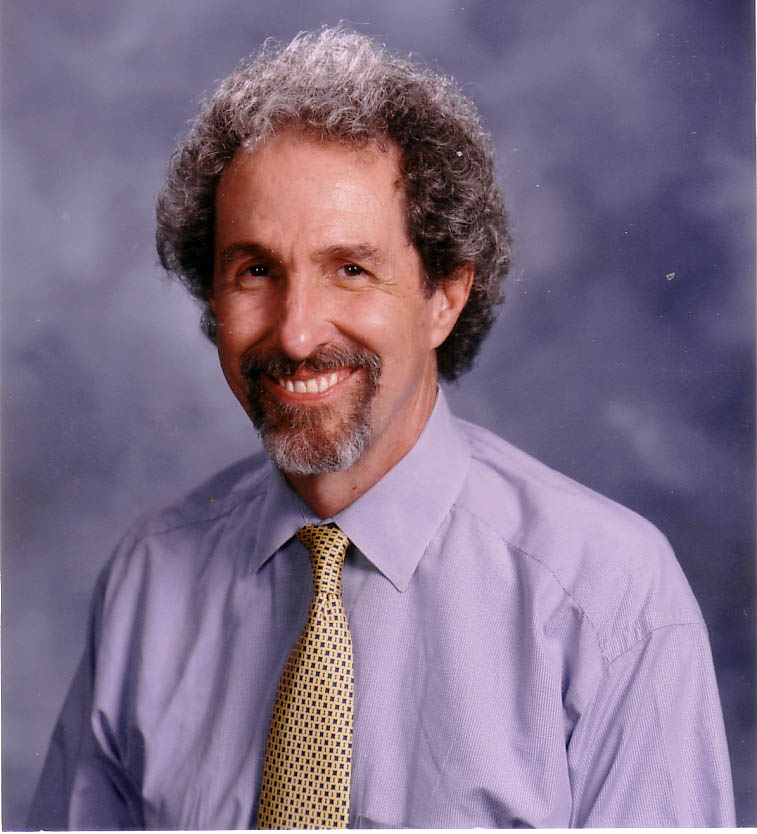For Robert Winter, it all started at an awkward college party at Brown University.
“I didn’t usually go out ““ I was very, very solitary ““ and my dorm mates dragged me to a mixer,” he said. “They abandoned me to hit on chicks, and I was sitting there all gawky with my Sears Roebuck suit.”
Winter, then a physics student, saw a woman from his history class and struck up a conversation with her. When he asked what her major was, she responded, “Music.”
Winter said, “I meant your major, like biology or history; you can’t major in music.” The girl responded, “Yes you can.”
After she played him a Mozart piano concerto back in the dormitories, Winter was hooked. He switched majors and made fast progress, even though he had little prior experience. Growing up, he would listen to his sisters practice piano, and play their songs by ear when they were gone from the house.
“I thought everybody did that. I had no idea that this was a particular talent or gift,” said Winter, who obtained a bachelor’s degree in music from Brown.
Winter is now a professor of music and the presidential chair in music and interactive arts at UCLA. He was named the 108th Faculty Research Lecturer, the highest honor given by the Academic Senate, and will present “A Fugue and a Waltz: Performance, Technology and (Post-) Postmodern Engagement” today.
Each year, the Faculty Research Committee chooses one North Campus and one South Campus professor to speak. Lecturers have worked on outstanding research that is relevant to the UCLA community, said Ken Houk, professor of chemistry and biochemistry and head of last year’s committee.
Winter’s presentation will combine the traditional lecture with performances on a Steinway grand piano and one-of-a-kind software.
For example, while he plays pieces by Johann Sebastian Bach and Frederic Chopin, a score of the music will appear on a screen. A bouncing brick will move from measure to measure, allowing the audience to follow along. The screen will also show the technical aspects of the piece, teaching people what terms like “triple invertible counterpoint” mean and sound like.
“It’ll be as if you had written the fugue yourself,” Winter said. “Digital technology allows you to have one-to-one correspondence with what you’re listening to and what you’re watching, and then you can explain what you’re listening to.”
Winter first started dabbling in digital technology when Robert Stein, his former UCLA Extension student and founder of the CD-ROM-producing Voyager Company, invited him to author a program integrating the arts with software.
Winter’s project on Beethoven’s Ninth Symphony was the first commercial interactive CD-ROM and sold over a million copies. Other titles followed, and in 2008 he released an interactive DVD on the composer Antonin Dvorak.
These programs contain hours of music, as well as photographs and glossaries with thousands of words, which provide users with a context and an explanation for the audio. He is currently working on a software platform, “Sophie,” that will make it easier to write the programs.
“His work in multimedia presentation and programming is revolutionary. They’re wonderful teaching instruments for self-teaching, but also for formal instruction in universities,” said Richard Lanham, professor emeritus of English and a friend of Winter’s.
Winter has brought his multimedia knowledge to UCLA, creating classes such as Arts and Architecture 100, a course in sound design.
The other courses he has built ““ Arts and Architecture 100 and Music 15 ““ expose students to live music by bringing artists to the classroom to perform.
“Suppose you have a boyfriend, and all your conversation is on the telephone. You are never in the same restaurant or coffeehouse or able to chat directly with each other,” Winter said. “That’s exactly the same difference between listening to your iPod and a live performance.”
Winter has completed such a wide breadth of work because of his extraordinary energy, Lanham said, adding that there is a joke about his enthusiasm. During a party ““ years after the one at Brown University ““ Winter was acting “hyperactive.” There was a knock at the door, and a newcomer was let into the party.
When somebody asked him what he wanted to smoke, he pointed at Winter and replied, “What that guy over there is taking is what I want.”
